At 9:31 a.m. on May 30, 2023, the Shenzhou-16 manned spacecraft was successfully launched from the Jiuquan Satellite Launch Center.
The fact that for the first time a Chinese astronaut team carried out a flight mission with the first civilian astronaut - Associate Professor Gui Haichao - was the focus of attention of the mainland and world scientific communities. It is known that before that, all of the country's astronauts sent into space were from the People's Liberation Army (PLA).
Behind the glory of Associate Professor Dr. Que Hai Trieu is a journey of overcoming difficulties and efforts to write a golden page in history. Que Hai Trieu was born in 1986 in an ordinary family in Thi Dien district, Yunnan province. At the age of 6, he herded cattle on the hillside to help his mother.
In 2003, when the Shenzhou 5 spacecraft was launched, Gui Haichao was still a high school student. The moment General Yang Liwei became the first Chinese person to fly into space fascinated and inspired the young man, according to the Star Dao Daily. Haichao wanted to "pick stars" from the sky one day.
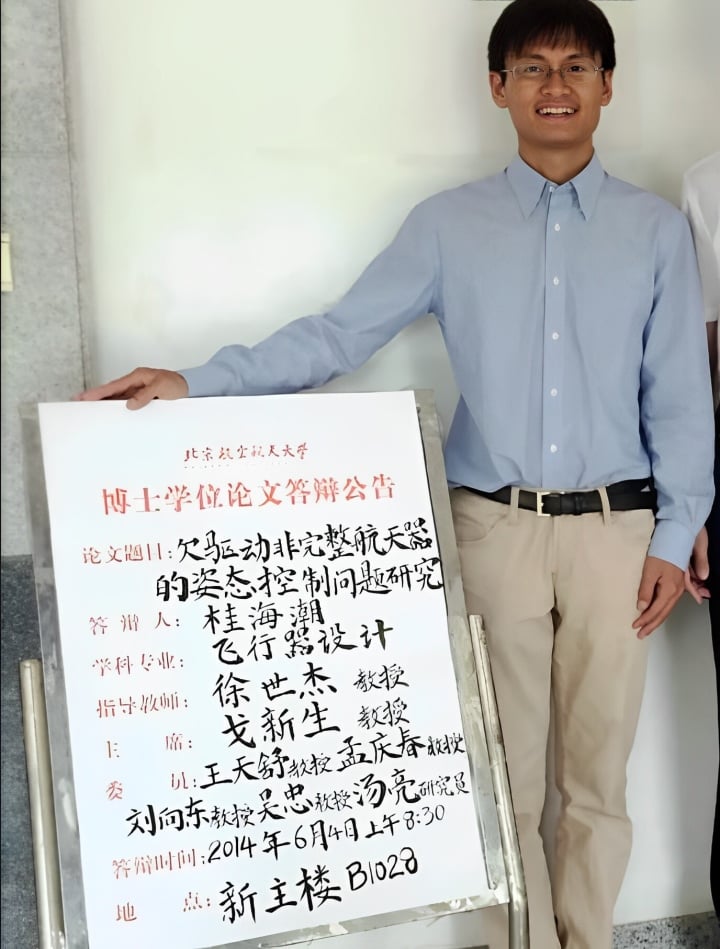
Thesis defense notice of Que Hai Trieu was written by himself with a brush pen.
Positive, brave, persistent and hard-working are what the homeroom teacher commented about student Hai Trieu.
"When the teacher asked a question, he would be the first person in the class to answer loudly. Even if his answer might be wrong, he would still bravely speak up." The teacher also commented that Hai Trieu had a good personality and was loved by his friends.
"Whether it's a test or an exam, he will discuss and communicate with the teacher about the problems at hand and he won't stop until he has mastered them. Hai Trieu is very sociable with his classmates and always takes the time to explain to some students who have a poor foundation."
Two years later, Hai Chao was admitted to the School of Astronautics at Beijing University of Aeronautics and Astronautics (Beihang) to major in aircraft design and engineering. He was also the highest-scoring student admitted to Beihang in Yunnan Province. In 2014, before he turned 28, Que Hai Chao earned his doctorate in engineering.
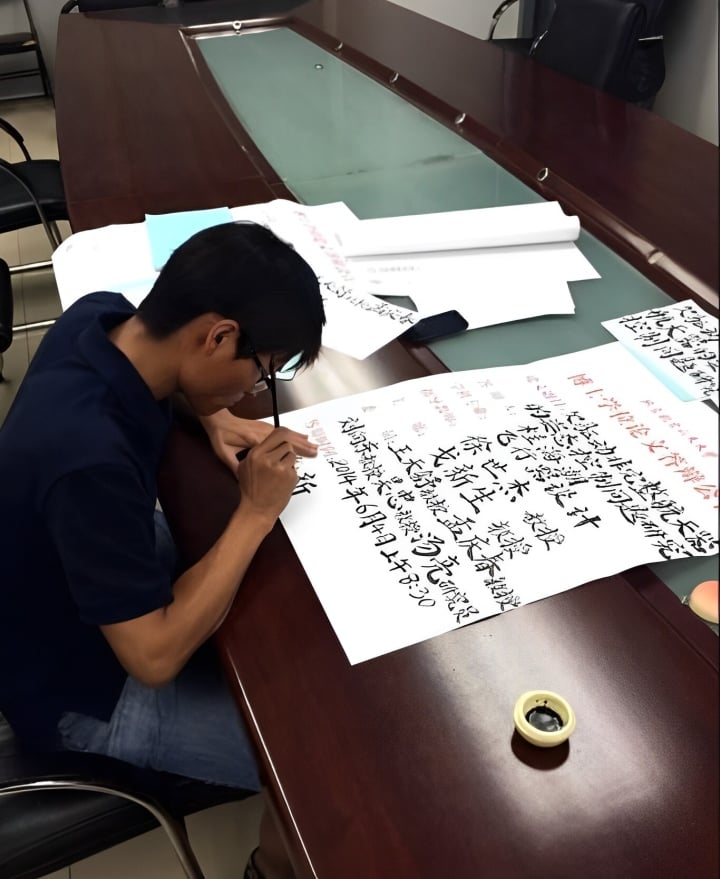
Que Hai Trieu loves calligraphy and practices it regularly.
After graduating with his PhD, Gui Haichao went to York University (Canada), then moved to Ryerson University in Toronto (Canada) for postdoctoral research. He returned to China in 2017 and participated in teaching and research on spacecraft dynamics at Beihang as an Associate Professor.
During this time, Hai Trieu published many articles in leading scientific journals, won 2 national patents and chaired more than 10 scientific research topics at all levels.
To meet the development needs, the Chinese space agency has launched the third round of astronaut recruitment, including aerospace engineers and payload specialists. Beihang is one of the target universities for recruitment.
The selection process for astronauts is extremely rigorous. It is a comprehensive test of physical and mental health. After three preliminary stages, Que Hai Trieu stood out from about 2,500 candidates and became one of four payload specialists in the third batch (including 18 reserve astronauts and the only one from a university).
Over the next two years, he underwent rigorous training and evaluation of more than 200 subjects in eight categories, finally qualifying for "ascension to heaven".
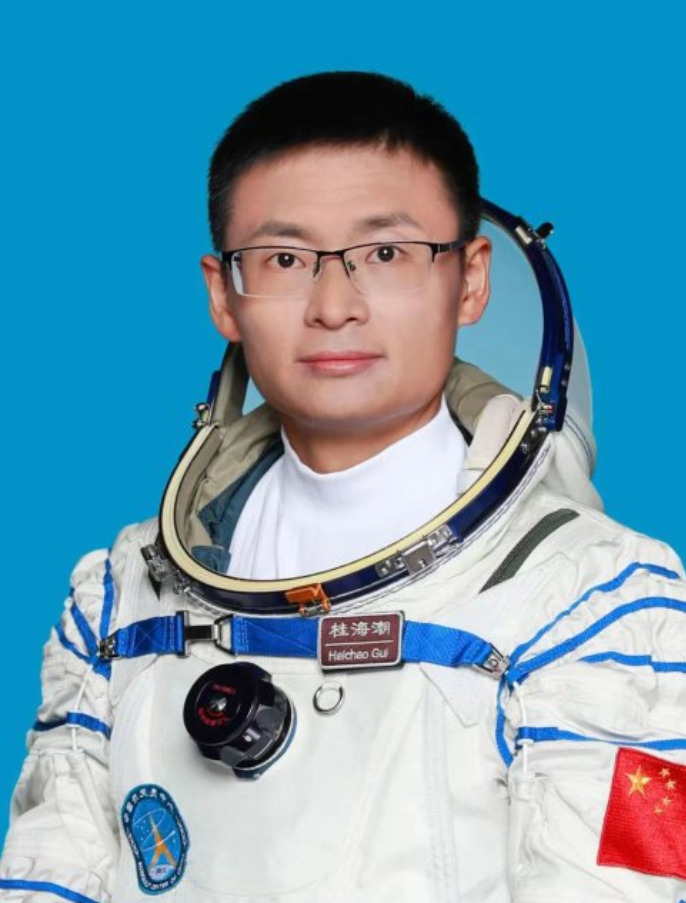
Gui Haichao - payload specialist and China's first civilian astronaut to fly into space.
On May 30, 2023, Associate Professor Dr. Que Hai Trieu put on glasses, boarded the Shenzhou 16 spacecraft with Major General Canh Hai Bang and aerospace engineer Chu Duong Tru to fly into the sky, fulfilling his dream of "picking stars" 20 years ago. He is the first Chinese astronaut to wear glasses.
The Shenzhou-16 spacecraft launched at 9:31 a.m. on May 30 from the Jiuquan Satellite Launch Center in northwest China, then headed for the Tiangong Space Station. The Earth-orbiting Tiangong space station will serve as a laboratory for China's space research for at least a decade. The crew will stay on the Tiangong station until November 2023, when new astronauts will replace them in the Shenzhou-17 mission.
(Source: Vietnamnet)
Useful
Emotion
Creative
Unique
Wrath
Source


![[Photo] A delegation of 100 journalists from the Vietnam Journalists Association visits the soldiers and people of Truong Sa island district.](https://vphoto.vietnam.vn/thumb/1200x675/vietnam/resource/IMAGE/2025/5/30/0984a986227d4e988177f560d2e1563e)
![[Photo] General Secretary To Lam receives Chief of the Central Office of the Lao People's Revolutionary Party](https://vphoto.vietnam.vn/thumb/1200x675/vietnam/resource/IMAGE/2025/5/30/140435f4b39d4599a3d17975dfb444c5)
![[Photo] National Conference "100 years of Vietnamese Revolutionary Press accompanying the glorious cause of the Party and the nation"](https://vphoto.vietnam.vn/thumb/1200x675/vietnam/resource/IMAGE/2025/5/30/1cf6cd5c8a934ebfa347028dcb08358c)


![[Photo] Journalists moved to tears at the Memorial Service for the soldiers who died in Gac Ma](https://vphoto.vietnam.vn/thumb/1200x675/vietnam/resource/IMAGE/2025/5/30/9454613a55c54c16bf8c0efa51883456)







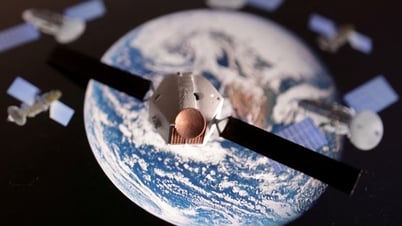



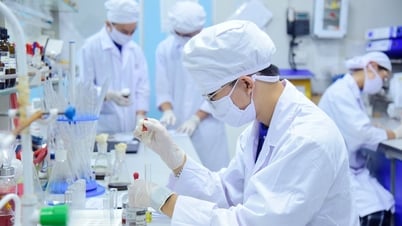

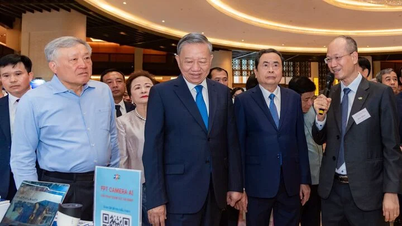
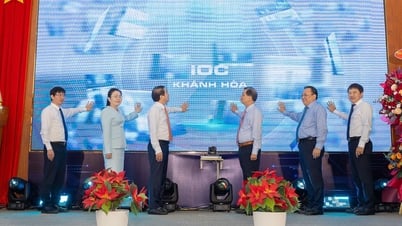








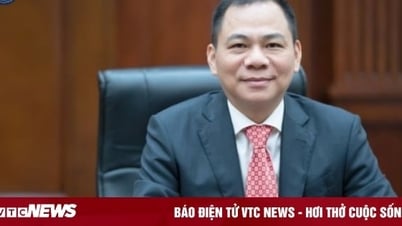






































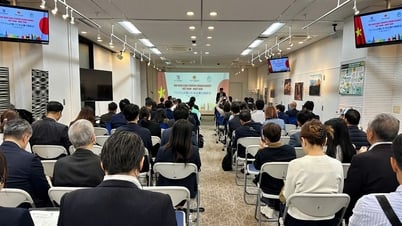



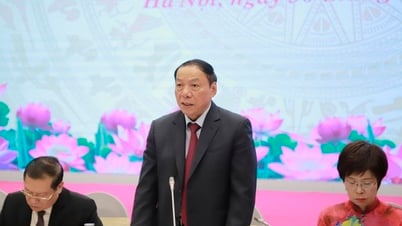



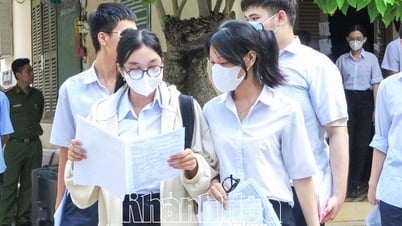

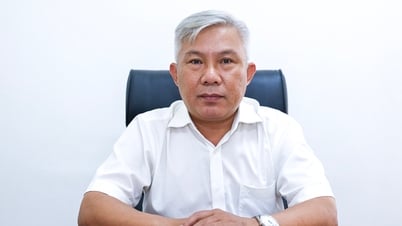











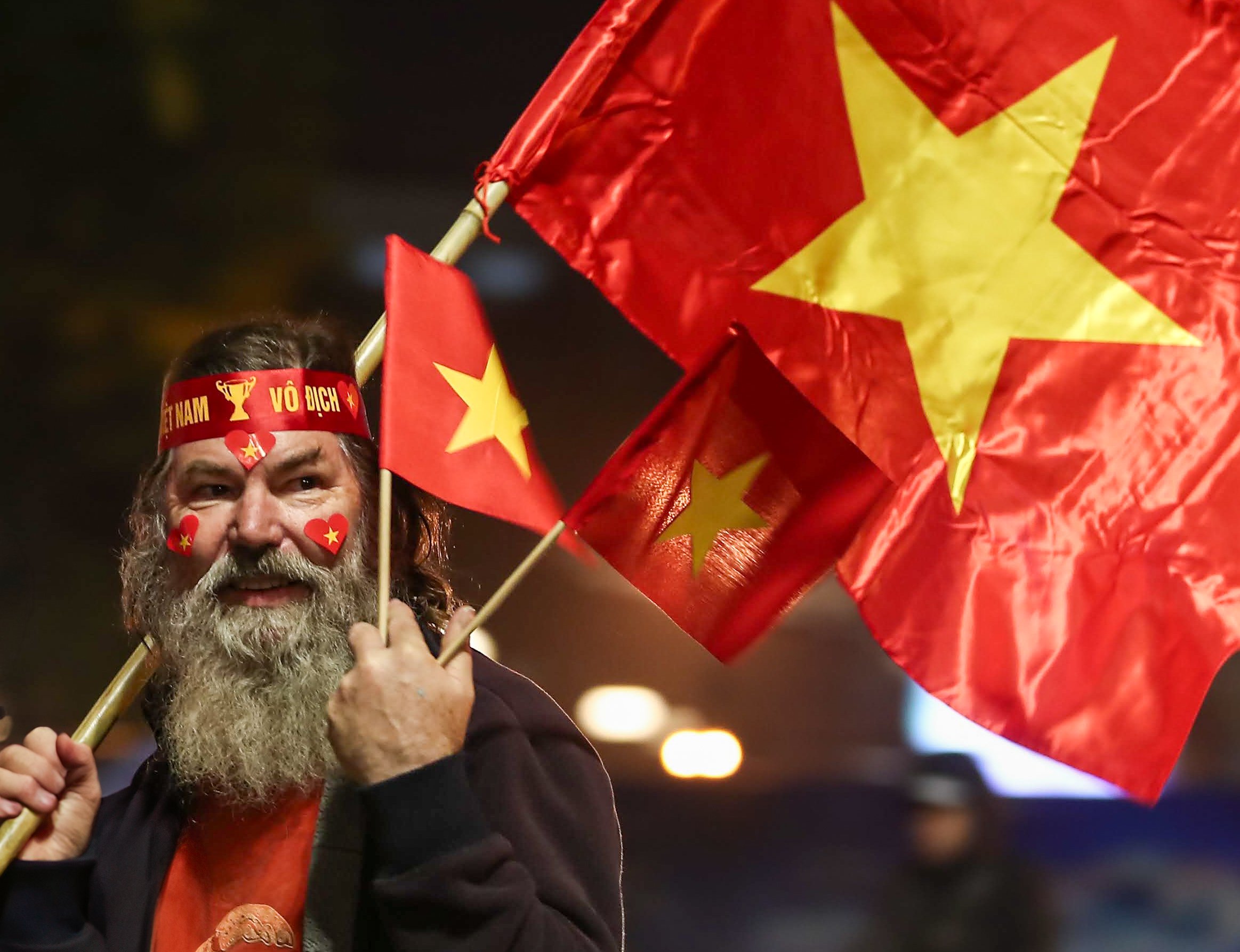



Comment (0)